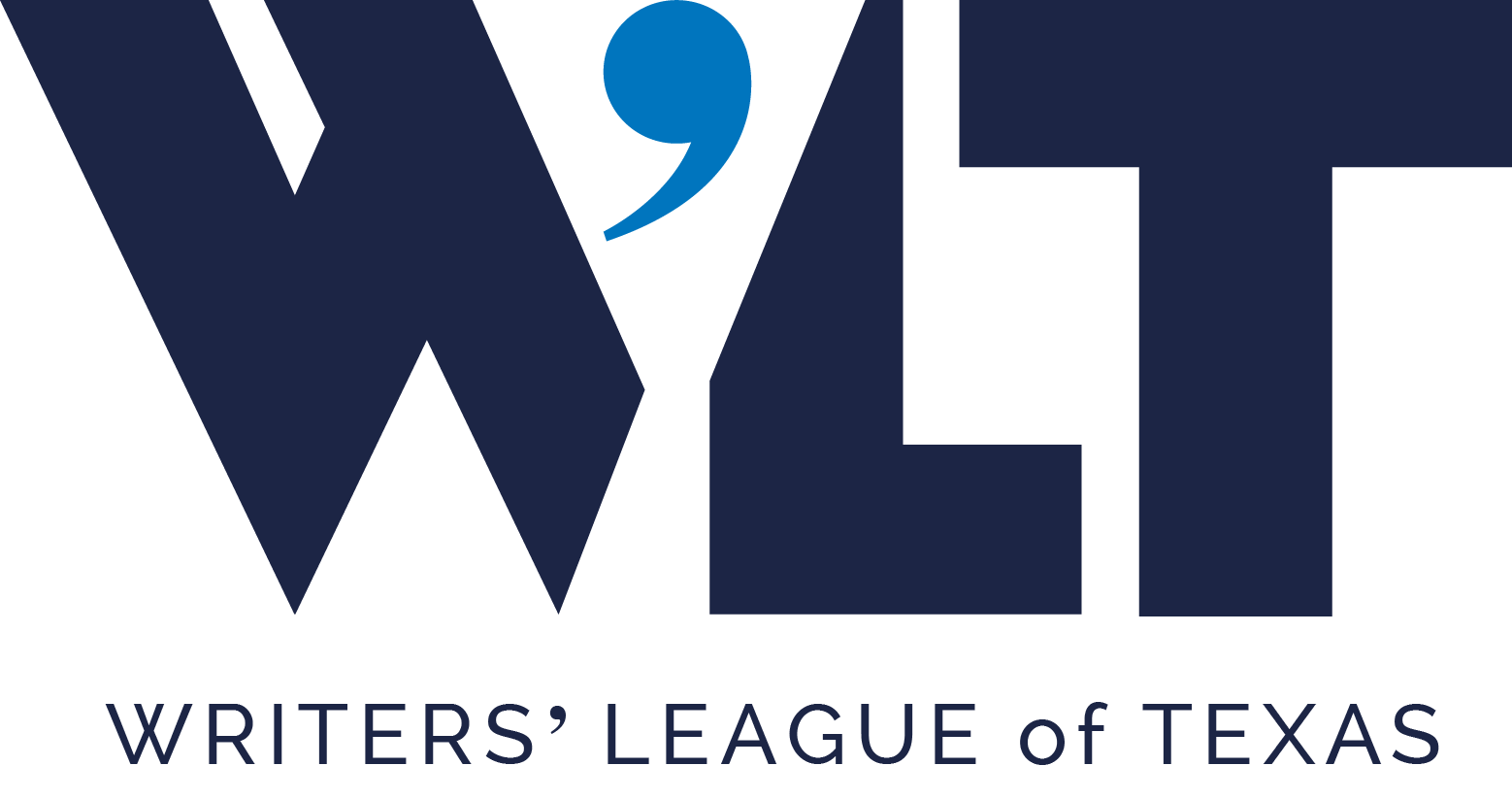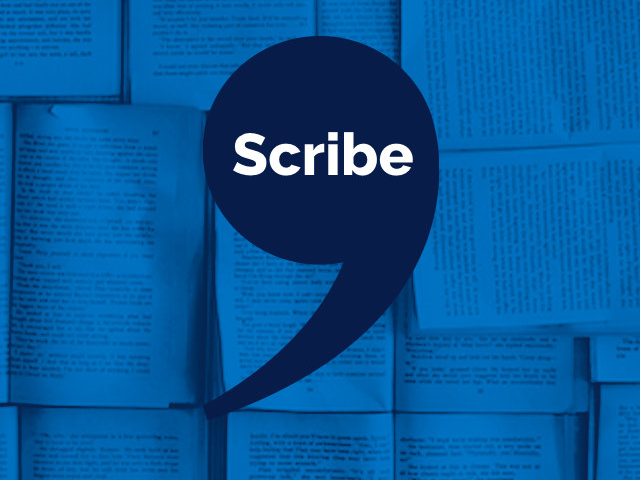Funny Business:
Writing That Makes Us Laugh

by WLT Intern, Max Friedman.
As the humidity finally began to break in Downtown Austin, the third floor event room of BookPeople began to fill with writers and comedy lovers. Tonight’s topic of discussion was writing humor, and as the panelists settled into their seats, they already had smiles on their faces. To get the ball rolling, the first question was simple: What do you think is funny? Wendi Aarons, an award-winning contributor to McSweeney’s and US Weekly, has always found comedy in ordinary things. “I like comedy that is relatable and pointed, but not mean.” Growing up, she admired the comedic musings of James Thurber and the antics of Carol Burnett. Les McGehee, a comedian and improv pioneer, was quick to make the distinction between “humor” and “comedy.” “Humor is something you have inside of you, and it’s not always a part of comedy.” He went on to say that he admired humor more than comedy, and that interactions with people around him were often funnier than professionally produced content. Neal Pollack, an acclaimed author and journalist, took a more basic approach to answering the question. “I like poop, burps, farts, sex — really anything to do with genitals.” He went on to add that he loved satire, and grew up watching Monty Python, Mel Brooks, and Woody Allen. Susan Schorn, an author and self defense advocate, said she actually finds comedy in violence. “Most humor is inherently violent if you think about it — that’s why they call it a punchline.” She believes that a joke is funny when it works against some larger social structure, taking a large problem and reducing it to a simple perspective.
The discussion then moved to the idea of humor writing as a career, and how each panelist developed over the years. Wendi said that she has always looked at the funny and absurd aspects of life, and that the desire to write about them was natural. Les remarked: “I’m insufferable, and I never saw an alternative. I saw that I could make some money out of it, and so I kept doing it.” Neal agreed, saying that nothing else ever occurred to him. When asked what he would be doing otherwise, he responded “Only drugs.” As a martial artist and self defense advocate, Susan stated that writing is just one of the three things she does. “I write because I never shut up. I think of things that would sound odd in conversation a lot of the time, so I write them down instead.”
Though the writers all work in similar territory, each of them described different writing processes. Wendi likes to use social media, where she can work with other writers that are alone in their offices too. “I can put jokes out there, and tell right away if they’re duds or not.” Les takes an ordered approach, blocking out time early in the day to work, often relying on deadlines for motivation. Neal agreed with this idea, stating that he forces himself to write at least 5,000 words a week, adding: “If I miss a couple hundred one day, I’ll add it to the next.” Susan relayed a more frantic process, saying that she mostly writes little notes down on scraps of paper. “When the time comes, I’ll force myself to put it all together, and hopefully some kind of cohesive idea begins to form. I can usually clean it up, and they never know how messy it originally was.”
Each of the panelists expressed an affinity for a humorous take on life, but came to writing comedy on different paths. Wendi was a movie producer at Warner Bros until she realized how much she disliked the business. “People always told me I was funny in e-mails, so I decided I’d try to be a copywriter at an advertising agency instead.” After getting laid off from that job she began writing for a magazine in Austin, which led to blogging and writing for McSweeney’s, and eventually to a book deal. Les was a comedian from day one, getting his start by filling time in a high school talent show. He then went on to perform improv around the country, which led to researchers at UT performing a study on him. “They saw me perform improv, and found it fascinating enough to make it the subject of research.” The attention the study garnered led Les to a publishing career as well. Neal found his way to humor writing through journalism, as he started off writing for a newspaper in Chicago. “I began writing humor pieces for the newspaper, and I would read them aloud in theaters around town.” He ended up compiling them and mailing them to Dave Eggers, who then published four of the pieces in the first issue of McSweeney’s. This process led to a long career in book publishing. Susan followed a similar path, beginning to find her comedic voice in graduate school. She found McSweeney’s and began sending work there, which actually led to a publisher contacting her for a book deal — an unusual occurrence in the industry.
As it came time to wrap up, each of the writers offered up pieces of advice for the crowd. Wendi suggested that writers read as much humor as they can. “You need to find what you relate to, and practice writing until you find your voice. But don’t force a joke. Don’t try too hard.” Les suggested that budding writers test their material on Twitter, and that they look to classic comedians to get the timing of comedy right. “Sometimes a bit will be funny just because of the rhythm, you need to be able to deliver jokes in that format.” Les also went on to add that comedians should never rely on using profanity. “No comedian has ever made money from repeating one word over and over again, and swearing is no exception.” Neal echoed Wendi’s sentiment, emphasizing that writers need to find a voice. “You have, if you’re human, something specific about you. Hone in on that.” Susan focused on the aspect of testing material in front of an audience, but also on having a expansive knowledge of comedic writing. “You need to go back to the classics: Thurber, Vonnegut, Jack Handey. You can’t just focus on current, relevant comedy because it’s too watered down. You need to rely on timeless jokes to develop a true comedic voice.”
If you enjoyed this discussion, come to our next Third Thursday panel at BookPeople on May 21 at
7:00 PM. Our topic will be “Writing Poetry: Passion, Process, and Publication.”
See you there!









